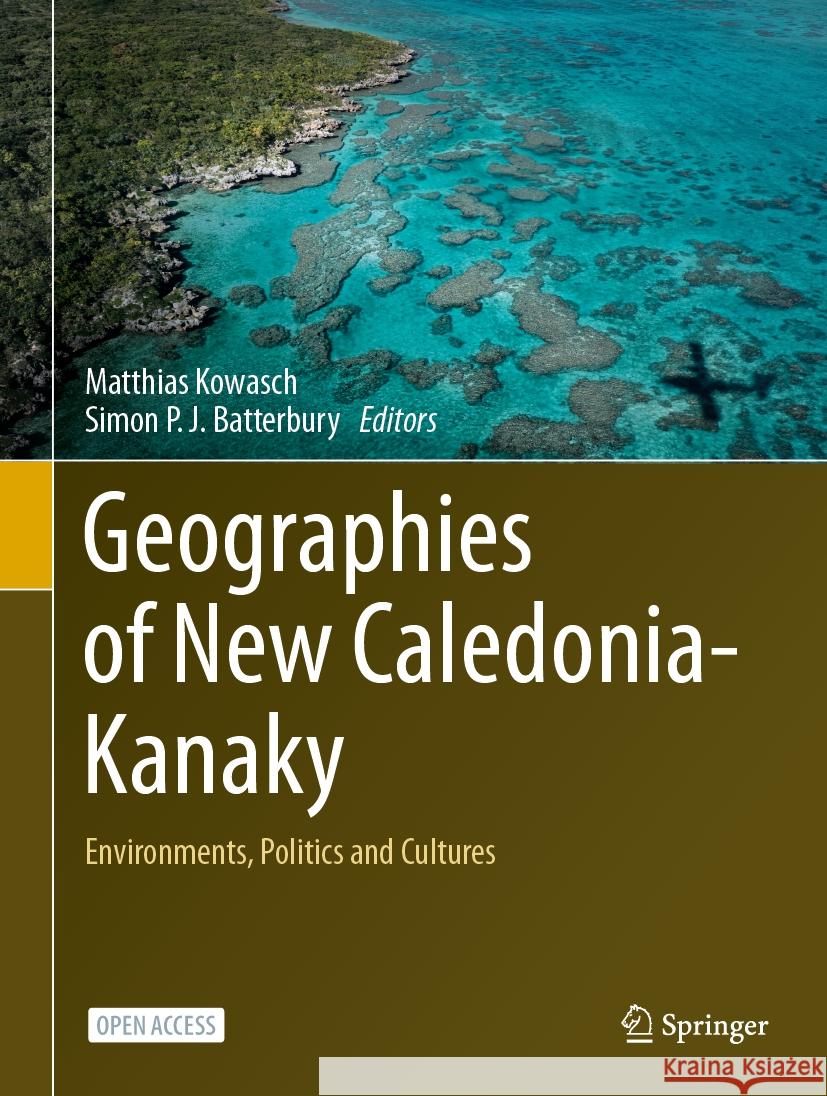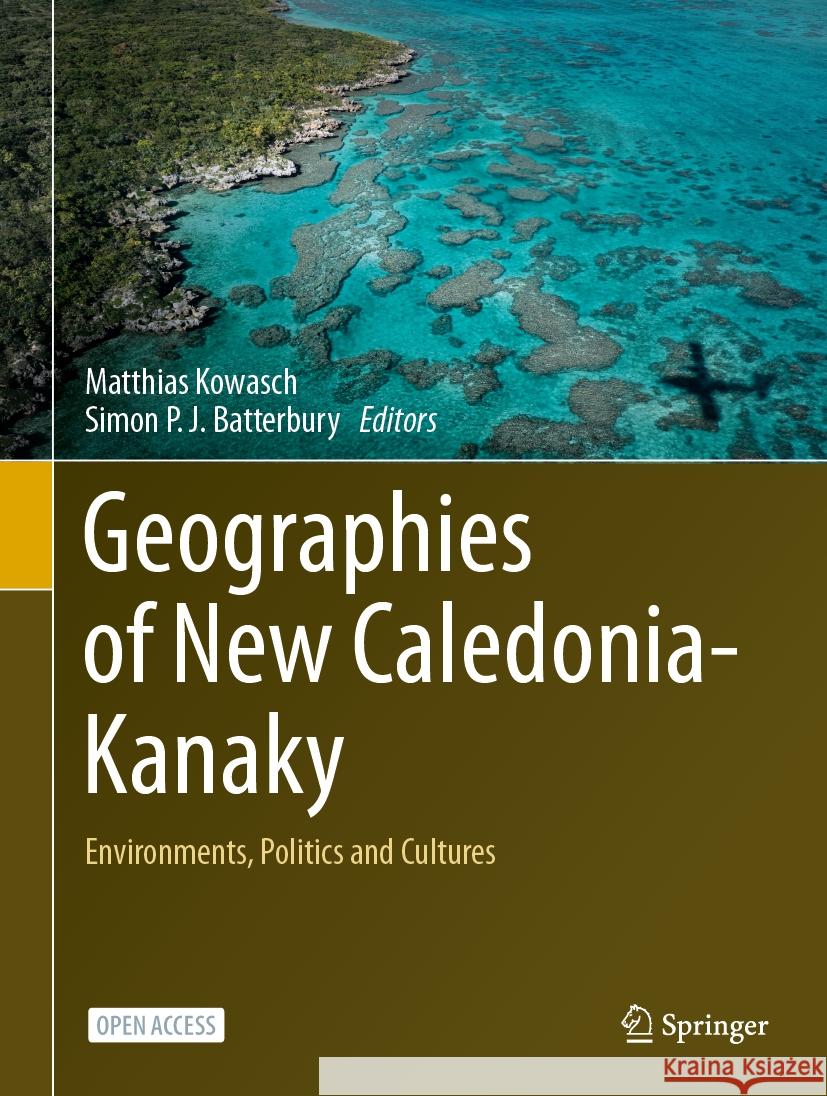topmenu
Wyniki wyszukiwania:
wyszukanych pozycji: 2
 |
Geographies of New Caledonia-Kanaky: Environments, Politics and Cultures
ISBN: 9783031491429 / Angielski Termin realizacji zamówienia: ok. 22 dni roboczych (Dostawa w 2026 r.) |
cena:
161,36 |
 |
Geographies of New Caledonia-Kanaky: Environments, Politics and Cultures
ISBN: 9783031491399 / Angielski Termin realizacji zamówienia: ok. 22 dni roboczych (Dostawa w 2026 r.) |
cena:
201,72 |










